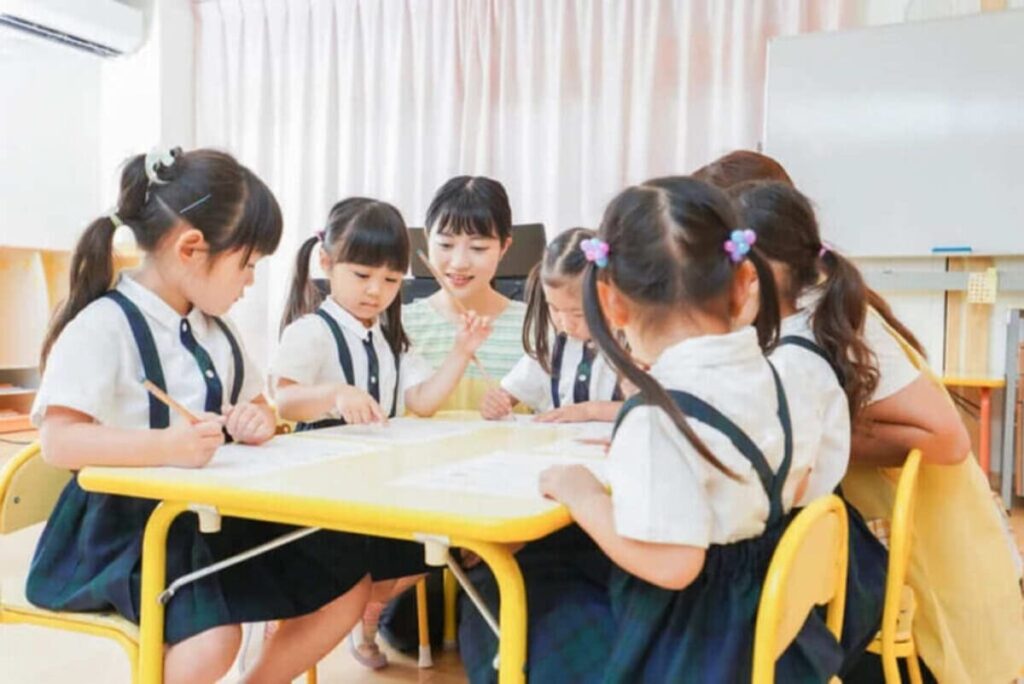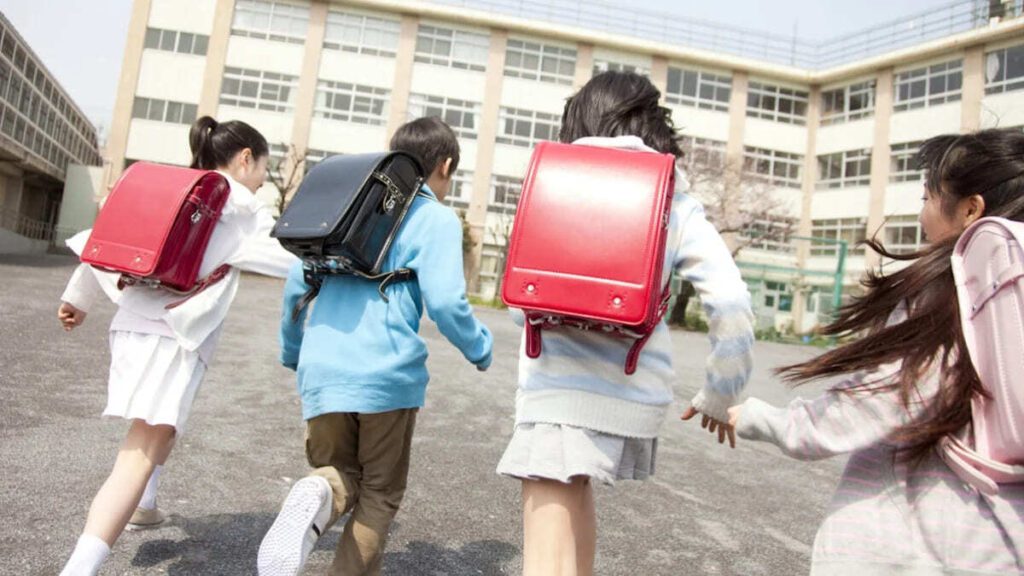Parenting is never the same from one country to another. Recently, I discovered the story of an American father living in Japan, whose routine has become a source of fascination for many. His experiences navigating the Japanese educational system shed light on how cultural differences shape parenting and family life.
Discovering japan’s unique approach to education
Tim Hornyak, an American expat living in Tokyo for two decades, shared his journey through Japan’s unique school system. As a father to two children, aged three and seven, Tim has had a front-row seat to the nuances of Japanese education. His story highlights how deeply embedded cultural values influence children’s education and the expectations placed on them, from the youngest age.

The surprising independence of children
One aspect of Tim’s experience that stands out is the level of independence his seven-year-old son has when commuting to school. In many countries, it’s common for parents to drive or escort their children to school, but in Japan, young children are expected to navigate public transportation and walk to school by themselves. This sense of self-reliance is ingrained from an early age, and Tim, often the only father and foreigner among the school pick-up crowd, points out how different this is compared to Western approaches to parental involvement.
How respect is taught from day one
Respect is deeply embedded in Japanese culture, and it’s no different in schools. For example, Tim’s daughter greets her teacher with a bow, a gesture that is taught early on to instill respect and humility. This is just one part of the broader cultural emphasis on social cohesion and teamwork. Tim highlights Sports Day as a prime example, where students participate in synchronized dances and competitive games with the precision of a military drill. The event showcases not just physical ability but also an underlying commitment to unity and collective effort.
How japanese schools teach responsibility
One of the most fascinating aspects of Japanese schools is Osouji Jikan, or cleaning time, where students are responsible for tidying their classrooms and communal spaces. Rather than relying on custodial staff, children learn the importance of responsibility and respect for their environment by cleaning together. Tim’s son has even carried this practice home, insisting on helping set the table and serve food at family meals, showing just how far-reaching the lessons of ownership and accountability can be.

Emphasis on memorization and uniformity
Japanese education places significant value on rote memorization. From a young age, students are taught to memorize large amounts of information, fostering discipline and attention to detail. Another distinctive feature of Japanese schools is the school uniform. Inspired by military and naval uniforms from history, these outfits serve as a reminder of the discipline and tradition that pervades the entire educational system. It’s not just about learning but about reinforcing the sense of order that is central to Japanese life.
The japanese way of ensuring safety
Despite Japan’s remarkably low crime rate, Tim observes that security measures at his son’s school are notably relaxed. The focus is not on preventing external threats, but on being prepared for natural disasters, particularly earthquakes. Japan’s culture of community trust allows for a simpler approach to security, one that reflects the safe environment and the shared responsibility for each other’s well-being.
A father’s reflections on the educational system
In reflecting on his experience, Tim expresses a deep appreciation for the Japanese educational system. Although no system is without its flaws, he believes that the emphasis on attentiveness, respect, and social harmony will serve his children well in the future. Tim’s story highlights his hope that these values will not only help his children grow into responsible, conscientious individuals but will also contribute to building a harmonious society.
Tim’s experience as a father navigating the Japanese school system serves as a reminder of how much cultural values can shape our children’s education and upbringing. His story offers a fascinating glimpse into a world where self-reliance, respect, and community are not just encouraged but expected from the youngest ages. It’s a lesson that can inspire parents around the world to consider how they might integrate these principles into their own family lives.

Meet Bill, a curious mind with a rebellious streak and a shared enthusiasm for lifestyle and culture. Like his longtime collaborator William, he’s captivated by the pulse of current events. But Bill brings a twist, he thrives on spontaneity, often following instinct over convention. His unconventional flair adds a dynamic edge to the team, making every project a little less predictable and a lot more exciting.













